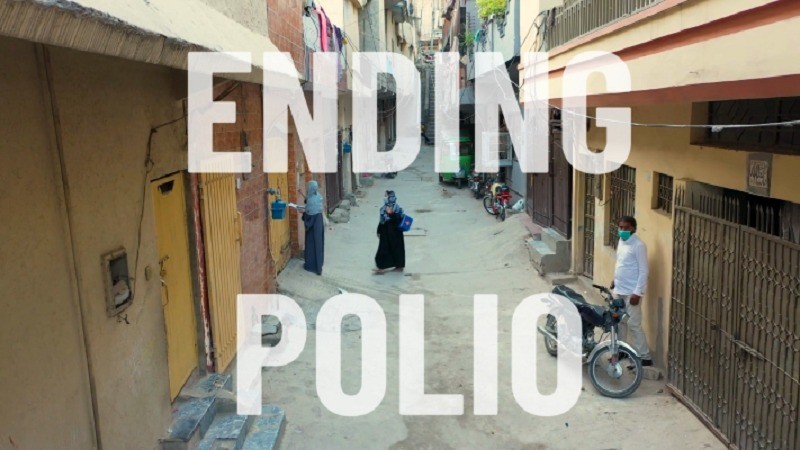
Thursday, October 24, marks the annual World Polio Day, a significant occasion for public and civil society partners to raise awareness and mobilize resources for the global effort to eradicate polio. This year, the day serves as a crucial reminder of the challenges we still face and the relentless commitment required to ensure that no child is left vulnerable to this preventable disease.
Understanding Polio and Its Impact
Polio, or poliomyelitis, is a highly infectious viral disease that primarily affects children under five years old. The virus can lead to paralysis and, in some cases, death. Despite being preventable through vaccination, polio remains a threat in various parts of the world. According to the World Health Organization (WHO), there are three wild poliovirus types, with type 1 still circulating in Afghanistan and Pakistan, while type 2 has been declared eradicated since 2015.
Global Progress and Challenges
Rotary International, along with its partners in the Global Polio Eradication Initiative (GPEI), has played a vital role in the fight against polio since the campaign's inception in 1988. Over the past decades, the number of polio cases worldwide has decreased by over 99%. However, outbreaks still occur, as highlighted by the recent variant poliovirus type 2 outbreak in Gaza. This situation starkly illustrates that as long as polio exists anywhere, all countries remain at risk.
In Gaza, the emergence of the variant poliovirus has galvanized a response from global health authorities and local organizations. In September and October 2024, two rounds of outbreak response were successfully implemented, vaccinating over half a million children against polio while also providing other essential health interventions. This effort exemplifies the unwavering commitment of health workers and volunteers who strive to protect children in the face of adversity.
Lessons Learned from the Gaza Outbreak
The outbreak in Gaza offers several crucial lessons for the global eradication effort:
As we observe World Polio Day 2024, it is not just a time to celebrate the progress made in eradicating polio but also a moment to reignite support and commitment at all levels. Key actions needed include:
Increased Funding: Global and local stakeholders must allocate resources toward vaccination campaigns, research, and healthcare infrastructure, especially in areas where polio remains a threat.
Advocacy and Awareness: Public awareness campaigns are essential to inform communities about the importance of vaccinations. Engaging media and community influencers can amplify the message of polio eradication.
Strengthening Health Systems: Investing in healthcare systems is crucial for providing comprehensive services, ensuring that vaccination efforts are sustainable and effective in the long term.
Partnerships: Strengthening partnerships between governments, NGOs, and international organizations will enhance collective efforts to eradicate polio. Collaborative approaches can foster innovation and share best practices across regions.
World Polio Day 2024 serves as a powerful reminder of the work that still needs to be done to eliminate polio globally. The experiences in Gaza highlight the resilience and dedication required to protect every child from this debilitating disease. As we move forward, let us recommit ourselves to the goal of a polio-free world, ensuring that no child remains at risk and that the progress achieved over the years is not lost. Together, we can finish the job once and for all, achieving the vision of a future free from poliovirus.